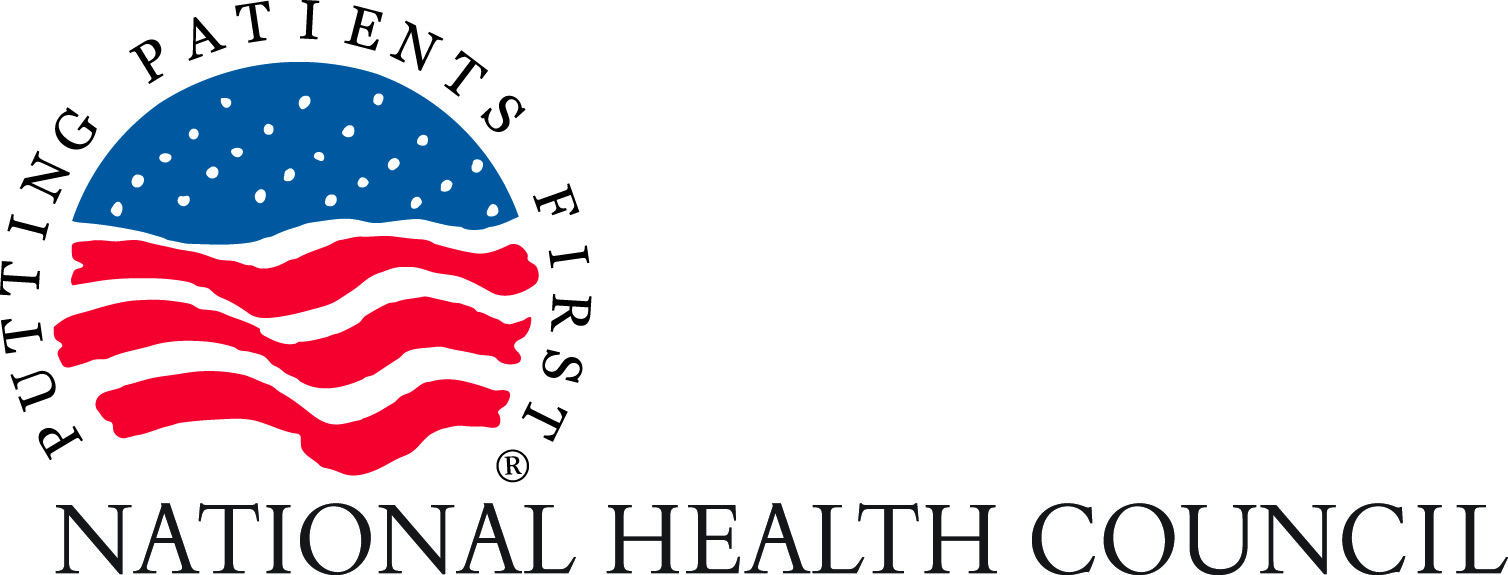President Trump’s Executive Order on Pricing Transparency
07/22/2019
By Maddie Mason, Associate, Policy
President Donald Trump delivered an executive order (EO) on June 24, 2019 titled “Improving Price and Quality Transparency in American Health Care to Put Patients First.” The intention of the EO is to direct the Departments of Health and Human Services (HHS), Treasury, Labor, Defense, and Veterans Affairs (VA) to draft regulations that enhance price transparency and quality care. The EO claims that the administration will continue their efforts to improve a patient’s ability to direct his or her own health care resources, eliminating barriers to price transparency, and protecting individuals from surprise medical bills.
The EO directs the following provisions:
1. The Mandate of Price Disclosures
Within 60 days, HHS must recommend regulations that will require hospitals to publicly post standard charge information for services, supplies, and fees billed by the hospital or by practitioners that are employed by the hospital. In addition, HHS is to have a regular update schedule and monitoring mechanisms in place to oversee this provision.
Within 90 days, HHS, with the assistance of the Treasury and Labor Departments, is to issue an advance notice of proposed rulemaking (ANPRM) to request comments on requiring plans and providers to provide information about out-of-pocket (OOP) costs.
Within 180 days, HHS, with the assistance of the Federal Trade Commission (FTC) and the Attorney General, is to file a report on private sector practices that may create barriers to cost and quality.
NHC’s Take
The NHC supports system-wide transparency to help patients be more informed health care consumers. In some instances, patients have the ability to seek out health care services while considering the price. In these cases, information about an individual’s specific OOP costs are most important, and the information should be conveyed in a way that is understandable. However, in some cases such as emergency care or in rural settings with little competition, this type of price shopping is unlikely to occur. Additionally, there is the potential of unintended consequences of increased costs when competitors know contracted rates. The NHC will carefully analyze proposed rules on this topic and weigh in on the potential benefits as well as unintended consequences.
2. The Development of a Health Quality Roadmap
Within 180 days, HHS, the Department of Defense, and the VA are to design a Health Quality Roadmap that will align quality and data reporting practices across Medicare, Medicaid/CHIP, the exchanges, the Military Health System, and the VA Health System.
NHC’s Take
The NHC supports alignment of quality reporting measures across agencies. We are particularly interested in aligning quality measures with outcomes that matter to patients. We will work with the administration to promote patient engagement in quality measure development and usage.
3. The Increase of Data Access to Claims Information
Within 120 days, the Treasury Department is to promulgate guidance that expands the ability to use health savings accounts (HSAs) with high-deductible health plans to cover low-cost preventative care before the deductible.
Last Wednesday, the Internal Revenue Service (IRS) issued guidance, following the President’s EO, that will make it easier for patients, who are enrolled in high-deductible plans, to receive coverage for medications and drugs that treat chronic diseases, including asthma, congestive heart failure, and diabetes. This guidance, effective immediately, is intended to help chronically ill patients receive coverage for certain services before their OOP costs meets their high deductible.
Within 180 days, HHS, with the assistance of the Department of Treasury, Defense, Labor, and VA, is to increase data access to claims including de-identified data from all public health programs and group health plans. In addition, HHS, is further instructed to contemplate the future release of additional datasets that could contribute value to researchers and innovators.
NHC’s Take
The NHC supports greater availability of preventative and primary care. However, we are concerned by the rise in the usage of high-deductible health plans. Additionally, while HSAs can be great financial tools for those with means, they provide little benefit for the financially disadvantaged.
The NHC supports the usage of claims data to inform research and innovation. However, policy must me structured in a way that requires informed consent, protects privacy, and guarantees security of data.
4. The Submission of Policy Options for Surprise Medical Billing
Within 180 days, HHS will send a report to the President on possible policy options that could mitigate high patient costs for out-of-network emergency or surgical services, also commonly referred to as surprise medical billing.
NHC’s Take
The NHC is supportive of Congress’ and the administration’s efforts to protect patients from surprise medical bills. Patients should never have to pay more money for seeing an out-of-network provider when they are in an in-network setting.

